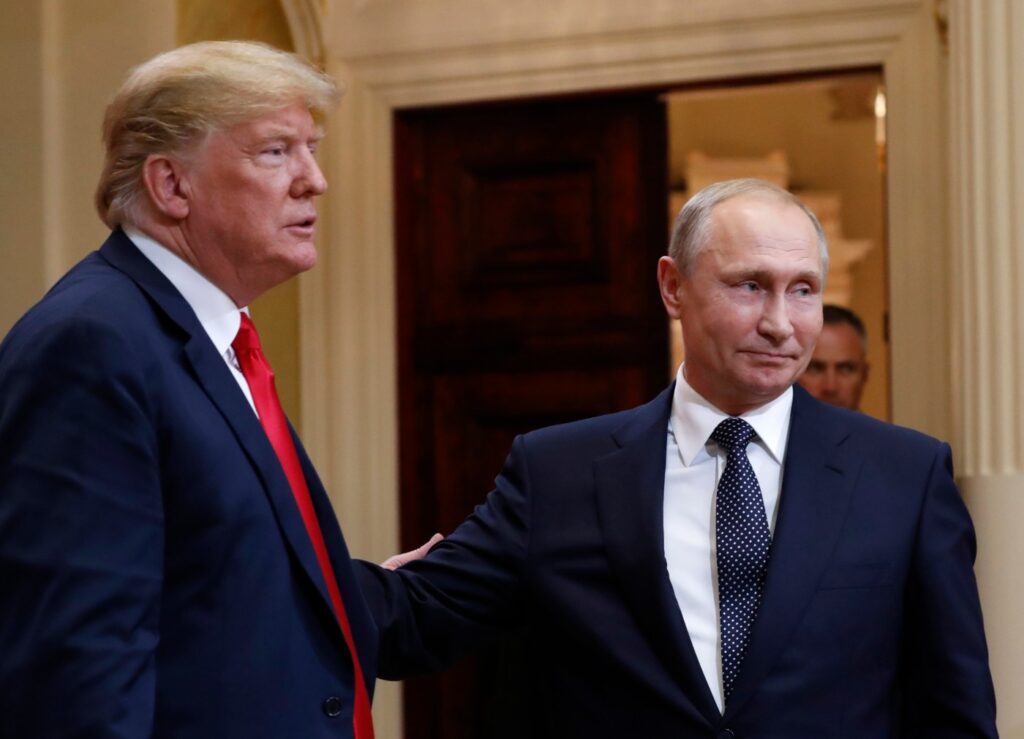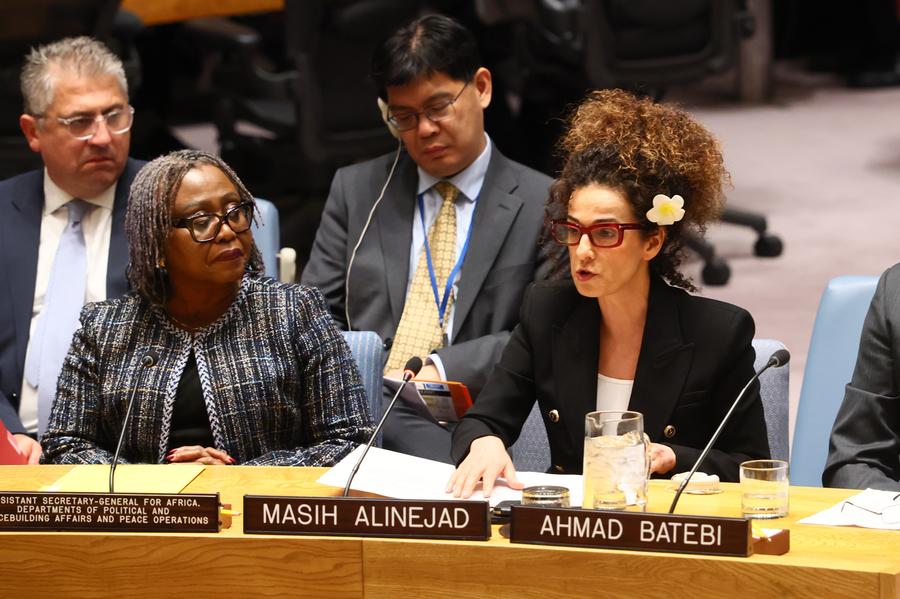
Donald Trump is set to host Vladimir Putin at a U.S. military base in Anchorage on April 2, 2024, marking another significant meeting aimed at addressing the ongoing conflict in Ukraine. This discussion comes amid ongoing concerns about Russia’s invasion of Ukraine, which has sparked widespread condemnation and calls for a resolution. Notably absent from these talks is Ukrainian President Volodymyr Zelenskyy, raising questions about the implications for Ukraine’s sovereignty and future.
The summit highlights a critical juncture in international relations, as it involves the leaders of the two key nations at odds over Ukraine. Critics argue that without Zelenskyy’s presence, the discussions may overlook essential Ukrainian interests. The absence of Ukraine at the negotiating table could undermine the legitimacy and effectiveness of any agreements reached.
Trump has previously expressed confidence that he could end the conflict swiftly, yet the complexities of the situation suggest otherwise. Reports indicate that he may propose “swapping” territories, a notion that has caused concern among observers who fear it may legitimize Russian aggression. The meeting is expected to touch on various strategies, including potential compromises on land disputes, which many view as problematic.
International Reactions and Strategic Concerns
While Trump has indicated a willingness to consult with NATO allies prior to the talks, the approach raises skepticism. NATO’s unity is crucial in countering Russian advances, and the alliance’s leaders have consistently emphasized the importance of Ukraine’s territorial integrity. The potential for Trump to offer concessions without adequate consultation could jeopardize these relationships.
Furthermore, the implications of the meeting extend beyond Ukraine. Should Putin succeed in retaining territory, it may embolden him to pursue further territorial ambitions in the region. Experts warn that this could set a dangerous precedent, suggesting that military aggression could yield results. The stakes are high, not only for Ukraine but for the broader geopolitical landscape.
Trump’s history of bold, assertive diplomacy may not translate effectively to the delicate nature of international negotiations. The complexity of the Ukraine conflict demands a nuanced approach, one that prioritizes dialogue over grandstanding. Observers hope that Trump will recognize the need for careful deliberation rather than impulsive decision-making.
The Path Forward
As the meeting approaches, the international community watches closely, hoping for a constructive outcome. Key principles, such as the preservation of Ukraine’s sovereignty and self-determination, should guide any negotiations. The discussions may not yield immediate solutions, but a commitment to ongoing dialogue could pave the way for future resolutions.
Ultimately, the meeting between Trump and Putin represents a crucial moment for diplomacy in the face of ongoing conflict. The outcome could have lasting ramifications for Ukraine, Russia, and the international order. As both leaders prepare for the talks, the world waits to see if they will prioritize stability and peace over fleeting political gains.






